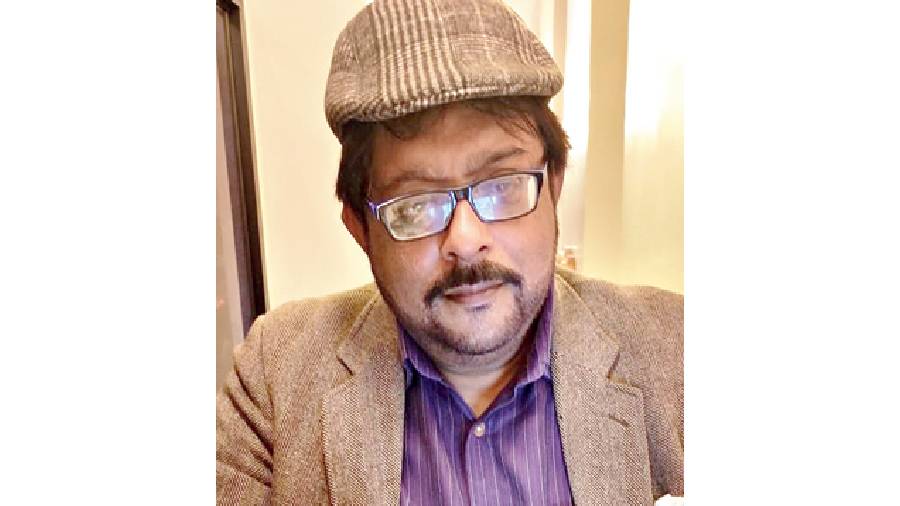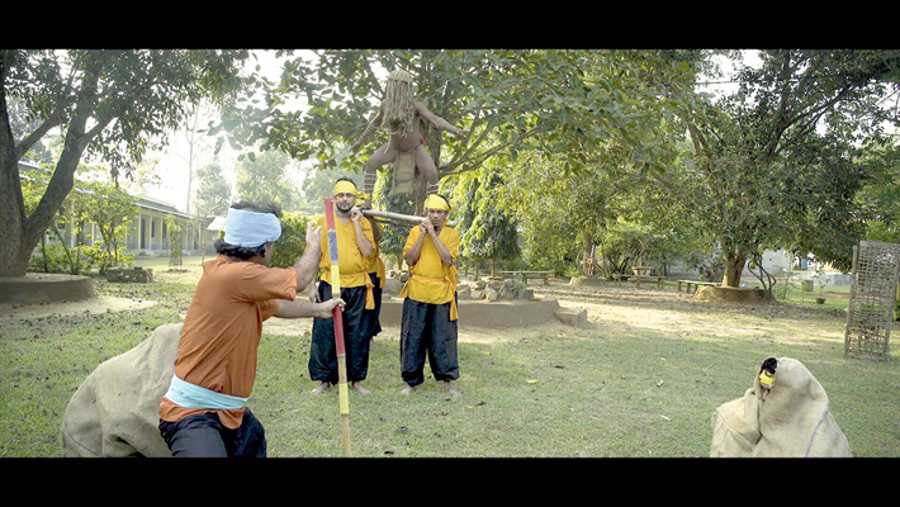The film Badal Sircar & the Alternative Theatre, directed by Ashoke Viswanathan, is designed in the form of a polemical documentary in which the work of the celebrated playwright and theatre director Badal Sircar is assessed and critiqued. The arguments put forth in this audio-visual essay relate mainly to his pioneering endeavours in the field of alternative theatre, which he preferred to call third theatre. Badal Sircar & the Alternative Theatre will be screened at the International Film Festival of India today.
“It feels really satisfying, particularly so for this film because I was thinking of this project for several years. Now that the film has been made, the fact that it’ll get a lot of exposure at the international level is a thought that motivates me most of all. We decided to make the film because we felt the theatre of Badal Sircar is an extremely important subject worthy of debate and we tried to make a film that was not necessarily adulatory in nature. We have tried to analyse his work, we have people who supported him, are fond of him, have appreciated the significance of his work. And we also have others who critiqued him. Others had said that much of what he did was appropriation. We have tried to grapple with these issues,” says Ashoke.

Ashoke
Using the journey of Badal Sircar as the central theme of the film, the text seeks to explore the relevance and impact of alternative theatre in the global context. Here, too, there is debate among the experts who don’t always agree with one another. Almost like a parallel strand running through this fractured narrative of dialogue, discourse and performance, is the “faint hint of a poignant, personal, bittersweet relationship between the great director and his muse, the latter possibly singed by the fire of a tempestuous relationship that is never depicted, only very briefly implied”. “The content is not a straight narrative by any means. Because of the very nature of alternative theatre, which also fractures the narrative, we thought our film in a sense should mimic that reality,” adds Ashoke.
Juxtaposing visuals of Sircar in various situations and performance, the film concludes on an enigmatic note.
